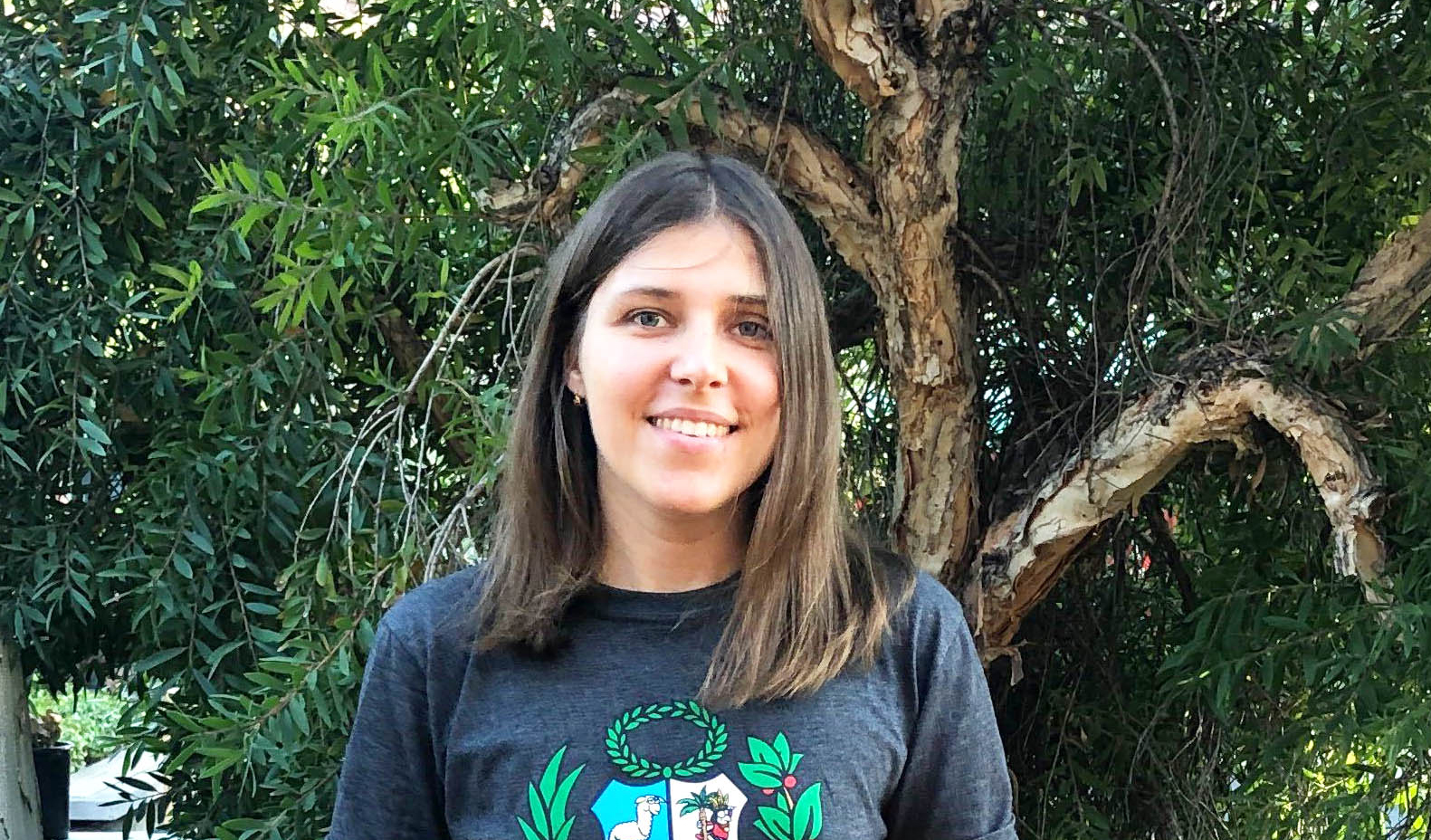Veronika Domova does her research in the field of human-automation interaction. She is especially interested in how operators interact with control systems in industrial control rooms. In the beginning of 2019, when all her courses and papers for the PhD were done, she realized that now was the time to go abroad.
“As an industrial PhD student, my research is very applied, so I wanted to get more into the academic environment. I only had my thesis left to finalize and felt less stress than earlier during the PhD, so it was a good time to go.”
By manually reviewing the websites of Stanford and Berkeley looking for potential hosting labs, she narrowed the selection to two at each location. Her primary choice were the groups working on topics related to her PhD.
“I wanted to experience how the researchers working in my domain at two world leading universities set up their work practices to ensure top-quality research.”
Together with her professor, Veronika Domova composed a letter describing her research interests and intent to come as a visiting scholar, and sent it to the heads of the four labs.

Veronika Domova at SHAPE Lab, Stanford University.
“We didn’t receive any answers for more than a month, so we almost lost any hope. But soon it turned out that WASP has a contact person at Stanford who helped us get in contact with the head of one of the labs and then the situation got all sorted out. The further paperwork at the university went pretty smooth.”
Difficulties appeared when it came to the process of getting a U.S. visa. The process was rather complicated and not transparent, so that the travel plan got under a big question mark.
“Since I hold a Russian passport, my visa application got under an extra check. I did not receive any indication on how much time it would take. I couldn’t do anything else than just wait and hope for the best. In the end, it took 1,5 months to get the visa granted. Due to this delay, we had to postpone my starting date at Stanford. This was a really stressful time full of uncertainties.”
With the visa well in her hand Veronika Domova was soon in place at Stanford where she was thrown right into work.
“They had an ongoing project with the deadline approaching. The topic suited my research interest well, being about human interaction with swarm robots. The first three weeks incorporated intensive work including data processing, working on media content and writing an academic publication. In the end, we got interesting results and submitted the article on time to a top-level conference, which was accepted. Thanks to this work, I really got into the group workflows right away.”

Sculpture Park, Stanford Campus . Photo: Veronika Domova
When asked about her main impressions from the research trip Veronika Domova’s list is long.
“The best was to see their research process and to be part of it. Getting familiar with their principles of work, I have broadened my skills and reconsidered some of my research approaches. The lab was open for visitors and was well-known outside. Once, our team was invited to present the lab’s projects in an evening event at a museum, many visitors came that night to see and try hands-on our lab’s innovations.
Outside the lab, there were also a lot of lectures, workshops, conferences etc. to attend. For example, the Nordic Innovation House organizes many activities on campus including a small international conference on automotive innovation where I was invited as a visitor.”

Beach Arena, Stanford Campus
A big contrast to the Swedish university campuses was that, apart from giving support with research and providing world-class education, Stanford also offers many free-time activities for their employees and students.
“There are free sport facilities and events on campus, hiking activities in the mountains, art discussions and more, organized by the university. The campus area itself is a clean, beautiful and historical site. It was a constant source of inspiration. The atmosphere is very friendly and I was happy to belong there even for a short while.”
Since her return to Sweden, Veronika Domova has stayed in contact with the research group at Stanford. Even though being fully occupied with finishing her thesis, she still does some small work together with the group but now on her free time.
“For the future, my plan is to proceed with my career in Industry, but I hope to keep in contact with the group at Stanford and to maintain my presence in academia.”
Veronika Domova is an industrial PhD student at Linköping University and ABB in the AS-track of WASP Graduate School. She visited Stanford on a research stint from September 2019 to mid-January 2020.
More About WASP Research Stints Abroad
Published: March 26th, 2020
[addtoany]


